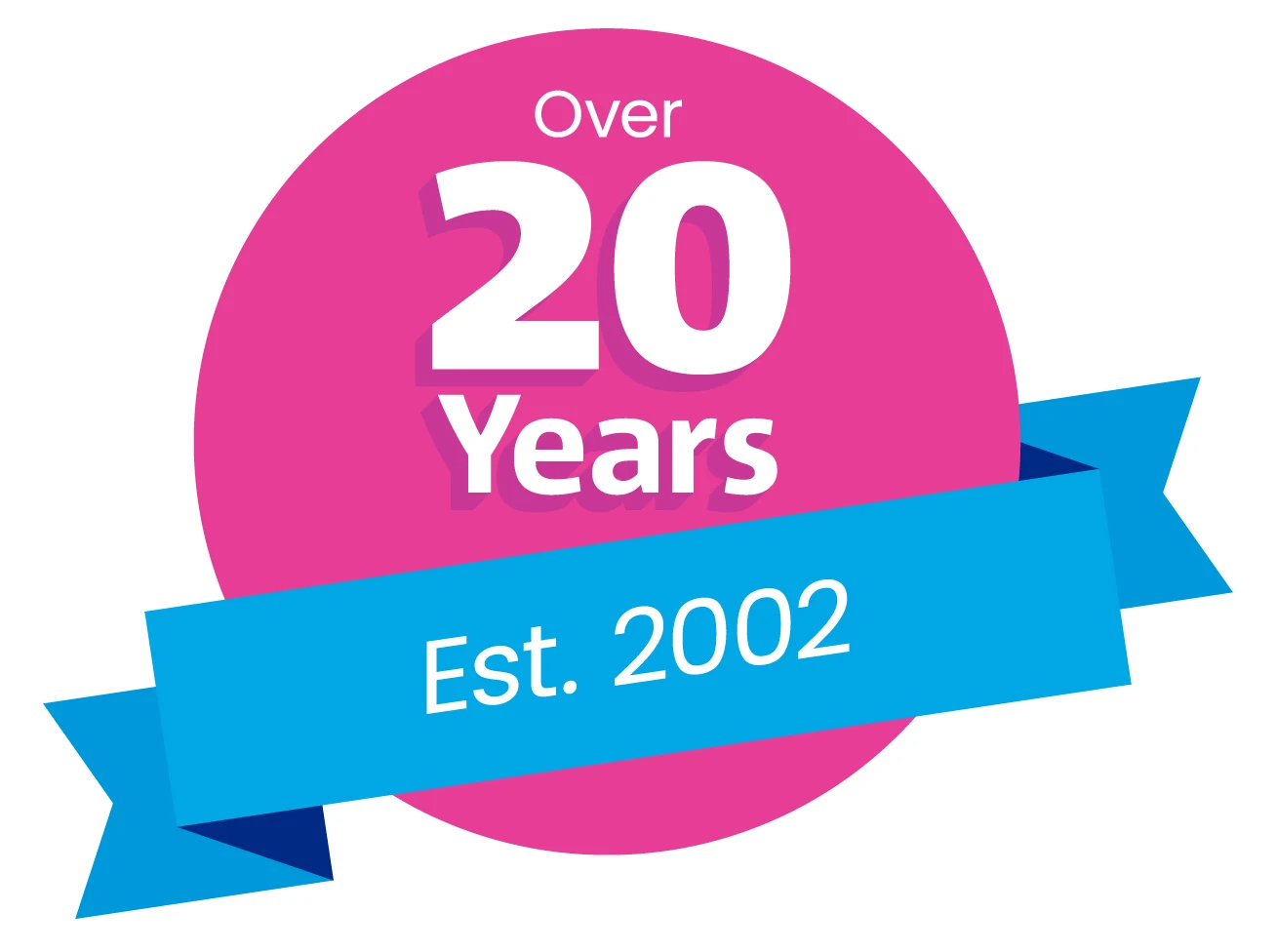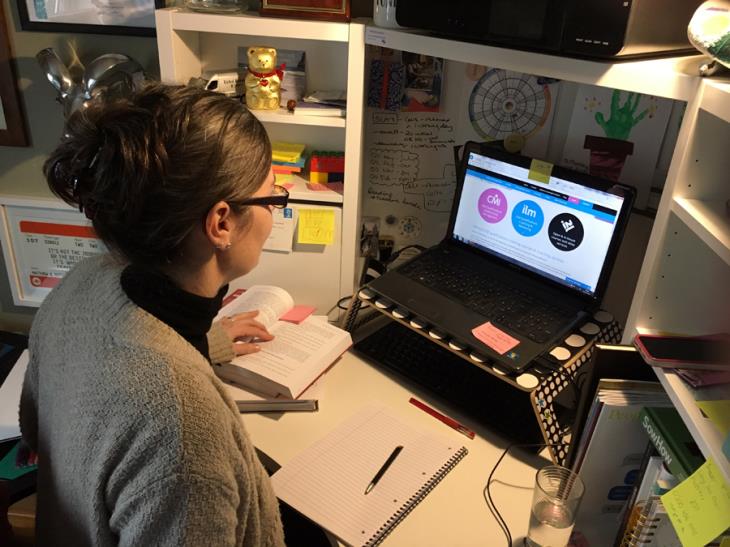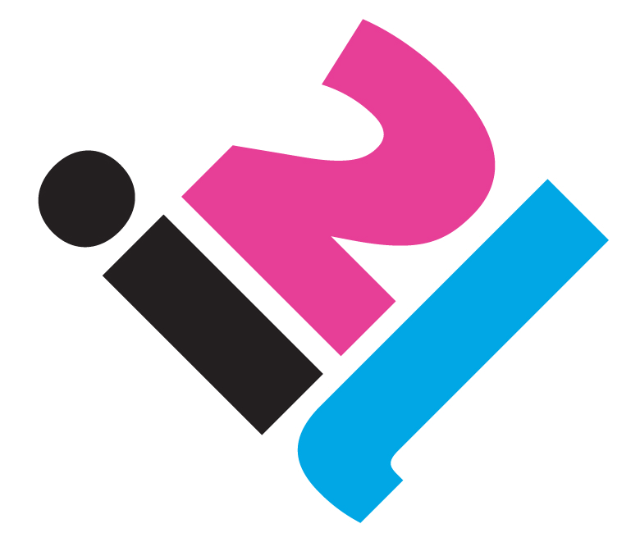Keen to develop yourself, but worried about lack of time?
Would love to gain your ILM qualification, but feeling out of practice with studying?
Interested in an ILM qualification, but worrying about not being ‘the academic’ type?
If you answered yes to any of the questions above, fear not, you are not alone! Juggling work, family and studying seems like a daunting task and can feel pretty scary, but those feelings are pretty normal as of course we all want to make sure that we can manage things effectively and succeed.
It’s true that studying whilst working is a different kind of experience to how we learn in our younger years, but personally I find ‘adult learning’ much more rewarding as I can apply my learnings in real life straight away, and since access to education and information has never been easier before there are plenty of ways to make it work and enjoy it.
Here are my top tips for mastering the act of juggling work and study:
1) Research the qualification you are interested in, make sure it is the right one for you and choose the right provider. Pretty much every qualification is offered by a variety of providers so make sure to scope out your options and choose one that offers service that will be most suitable to your needs and requirements. This first step is vital as if you commit to a qualification you don’t enjoy or don’t find very useful it will be difficult to stay motivated and complete it.
2) Plan your study time. It’s easier said than done, but it really helps. Most qualifications will require you do write assignments, which can be lengthy and it’s difficult to complete in one go so break them down into smaller sections (e.g., focus on one learning outcome at a time). With majority of qualifications heavily based on your actual work and experience, even if you start by familiarising yourself with the expectations of the first learning outcome and what is asking you to do, you can get a head start.
Once you are clear on what you need to do, create a document or get a notepad where you can start adding ideas about what you can include in your response and add to it over 2-3 weeks. By the time it comes to writing the assignment you will have a draft of what you want to include and most likely some real-life examples to support your response.
3) Beware of the internet rabbit hole! It’s wonderful to have so much information readily available at our finger tips all the time, but it can also send us spiraling from one rabbit hole to another and waste plenty of time. To avoid this, make sure to have the objective of your research and learning (the assessment criteria or learning outcome) somewhere visible so when you are sifting through tones of information, you can refer back to it and check if what you are reading is definitely essential to what you need to find out. If it’s interesting, but not relevant to what you are working on, you can always bookmark it for reading when you have some time to spare.
4) Use your tutor. The majority of service providers offer tutorial support so don’t be afraid to use it. Get to know your tutor at the start of your qualification and agree how they can best support you (e.g., by regular check ins). Don’t wait until you are pretty much done with the assignment to share it with them for feedback, but share it as soon as you have the first section ready so they can let you know if you are on the right track or not. This will really help you to shape your work more effectively and without having to backtrack and rework lots of it later down the line.
5) Breathe. You will have plenty of time and support to complete your qualification and you are most likely going to be assessed via a written assignment instead of the scary exams we remember from our childhood. The benefit of assignments is that you know what you need to do right from the get go and can take your time to shape your responses. Lengthy exams with questions you don’t know in advance are a rarity in professional qualifications now so instead of using your energy on stressing about them, you can focus on the actual learning experience and gaining the knowledge you need and want.
Happy learning, and if you have any questions, please don’t hesitate to give us a shout on +44 (0) 1380 888013 or enquiries@wordpress-1056006-3700945.cloudwaysapps.com




